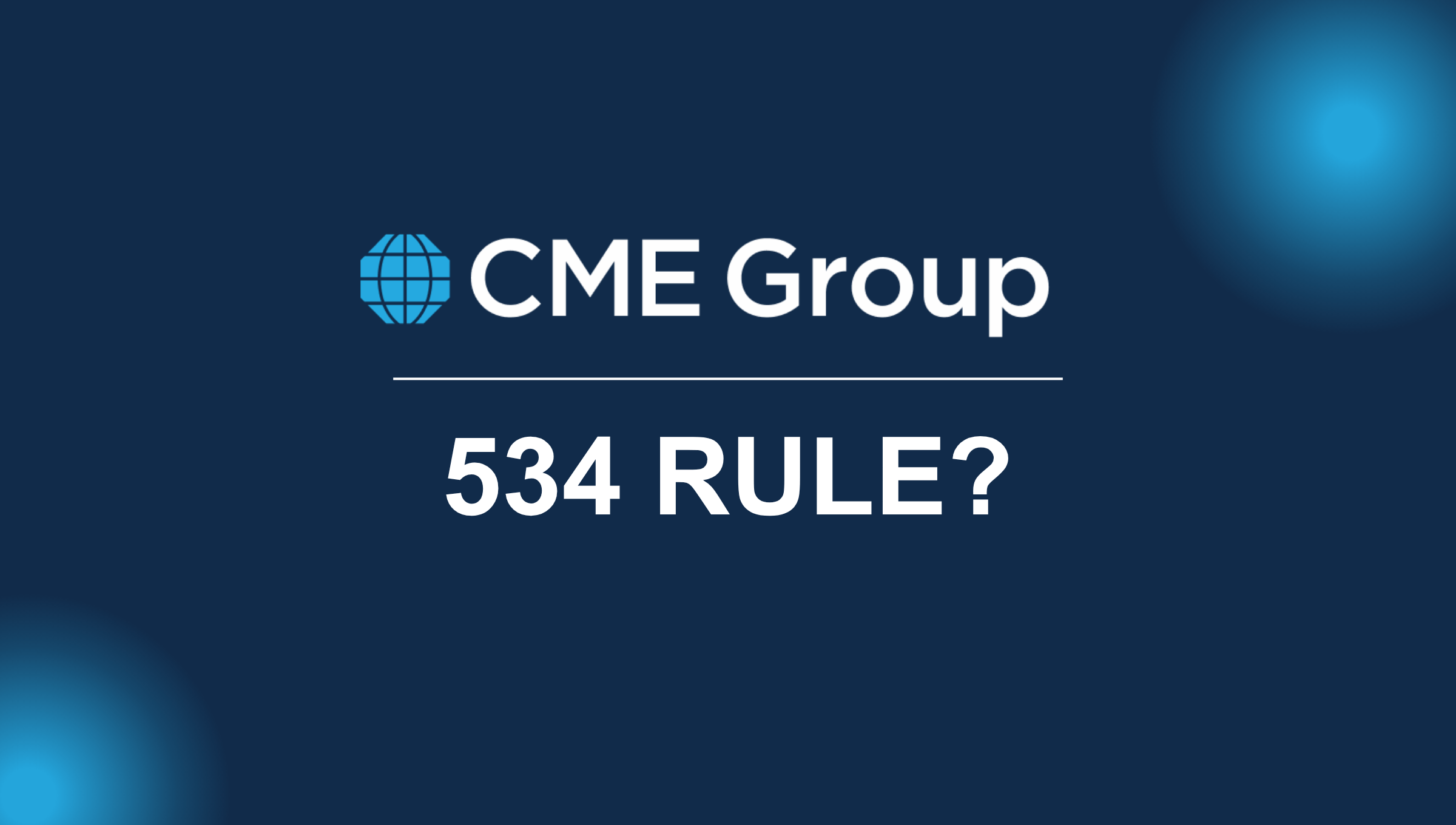CME Rule 534: Understanding Wash Trades and Why They're Prohibited
CME Rule 534 prohibits wash trades—transactions that avoid genuine market risk. Learn what constitutes a violation, why automated traders are at risk, and how to protect yourself.

If you're trading futures on CME Group exchanges, whether you're using running automated strategies or manually executing trades, you need to understand CME Rule 534. This regulation prohibits wash trades, and violations can result in hefty fines, suspensions, and permanent bans from CME markets.
What is CME Rule 534?
CME Rule 534 prohibits wash trades, which are transactions where a trader places or accepts buy and sell orders in the same product and expiration month (and for options, the same strike price) where the purpose is to avoid taking a genuine market position exposed to market risk.
Here's the exact language from the rule:
"No person shall place or accept buy and sell orders in the same product and expiration month, and, for a put or call option, the same strike price, where the person knows or reasonably should know that the purpose of the orders is to avoid taking a bona fide market position exposed to market risk."
What Constitutes a Wash Trade?
A wash trade occurs when there's a purchase and sale for the same instrument at around the same price in one account or multiple accounts with the same beneficial ownership. The key factor isn't just matching orders, it's the intent behind them.
CME Rule 534 prohibits three specific types of conduct:
- Direct wash trades: Placing buy and sell orders in the same product where you know or should know the purpose is to avoid taking actual market risk
- Indirect wash trades: Entering buy and sell orders for different accounts with common beneficial ownership with the intent to negate market risk or price competition
- Facilitating wash trades: Knowingly executing or accommodating the execution of wash trades by direct or indirect means
The "Incidental Matching" Exception
Not every self-match is a wash trade. Unintentional and incidental matching of buy and sell orders generally won't be considered a violation of Rule 534. However, if self-matching occurs on more than an incidental basis, either in the context of your trading activity or the particular market's activity, those trades may be deemed violations.
Why This Matters for Automated Traders
If you're running automated strategies through CrossTrade or any other automation platform, you need to be particularly careful. Algorithmic traders who frequently enter orders on both sides of the market are at higher risk of accidental self-matches.
CME Group recommends that traders who frequently enter orders on opposing sides of the market employ functionality to minimize the potential for their buy and sell orders to match with each other.
Self-Match Prevention (SMP)
CME Group offers optional Self-Match Prevention (SMP) functionality that automatically blocks the matching of buy and sell orders for commonly owned accounts submitted to Globex with the same SMP ID. If you're running multiple strategies or accounts, this is a critical tool to prevent accidental violations.
Important note: SMP functionality does not operate during the Globex pre-open period, so you need to be extra cautious when entering orders during pre-open.
Best Practices to Avoid Violations
- Use Self-Match Prevention: Enable SMP functionality if you're trading multiple accounts or running conflicting strategies
- Monitor your activity: Regularly review your trades for patterns of self-matching
- Sequence your orders: When trading the same product from both sides, ensure one order is fully executed before entering the opposing order
- Be cautious during pre-open: Remember that SMP doesn't work during pre-open periods
- Document your intent: Maintain records showing genuine trading intent and market risk exposure
Additional Resources on CME Rule 534
Official CME Group Documentation
- CME Rule 534 Full Text and Advisory Notice - The complete rule text with detailed FAQ and guidance on compliance
- CME Group Market Regulation Advisory Notices - Archive of all CME market regulation advisory notices, including updates to Rule 534
- What is a Wash Trade? (CME Education) - Interactive educational course explaining wash trade definitions and compliance
Self-Match Prevention (SMP) Resources
- CME Globex Self-Match Prevention FAQ - Comprehensive FAQ covering SMP registration, functionality, and technical implementation
- Self-Match Prevention Setup Guide - Step-by-step instructions for creating and configuring SMP IDs
- Overview of Self-Match Prevention (Video) - Educational video demonstrating how SMP functionality works
- CME Globex Self-Match Prevention Technical Documentation - Technical specifications for developers implementing SMP functionality
Regulatory Context
- CFTC Press Release on Rule 534 Advisory Notice - Official CFTC statement on CME Group's Market Regulation Advisory Notice regarding wash trades
- Commodity Exchange Act Section 4c(a)(2) - Federal statute prohibiting wash sales in commodity futures trading
Industry Analysis
- NinjaTrader: How You Can Help Preserve Futures Market Integrity - Practical guide to understanding and complying with Rules 534 and 575
- Reed Smith: CME Group Issues Update on Prohibited Wash Trades - Legal analysis of CME's guidance on incidental matching and self-match scenarios
Contact Information
- CME Market Regulation Department - Phone: +1 312 341 7970 | Email: [email protected]
- CME Global Account Management - For questions about SMP functionality registration and operation
The Bottom Line
CME Rule 534 exists to maintain market integrity and ensure all trades are genuine attempts to take market positions exposed to actual risk. Whether you're a manual trader or running automated strategies through NinjaTrader and CrossTrade, understanding this rule isn't optional—it's essential.
If you're unsure whether your trading activity might trigger self-matches, take proactive steps now. Enable SMP functionality, review your strategy logic, and ensure you're not inadvertently creating wash trade patterns.


